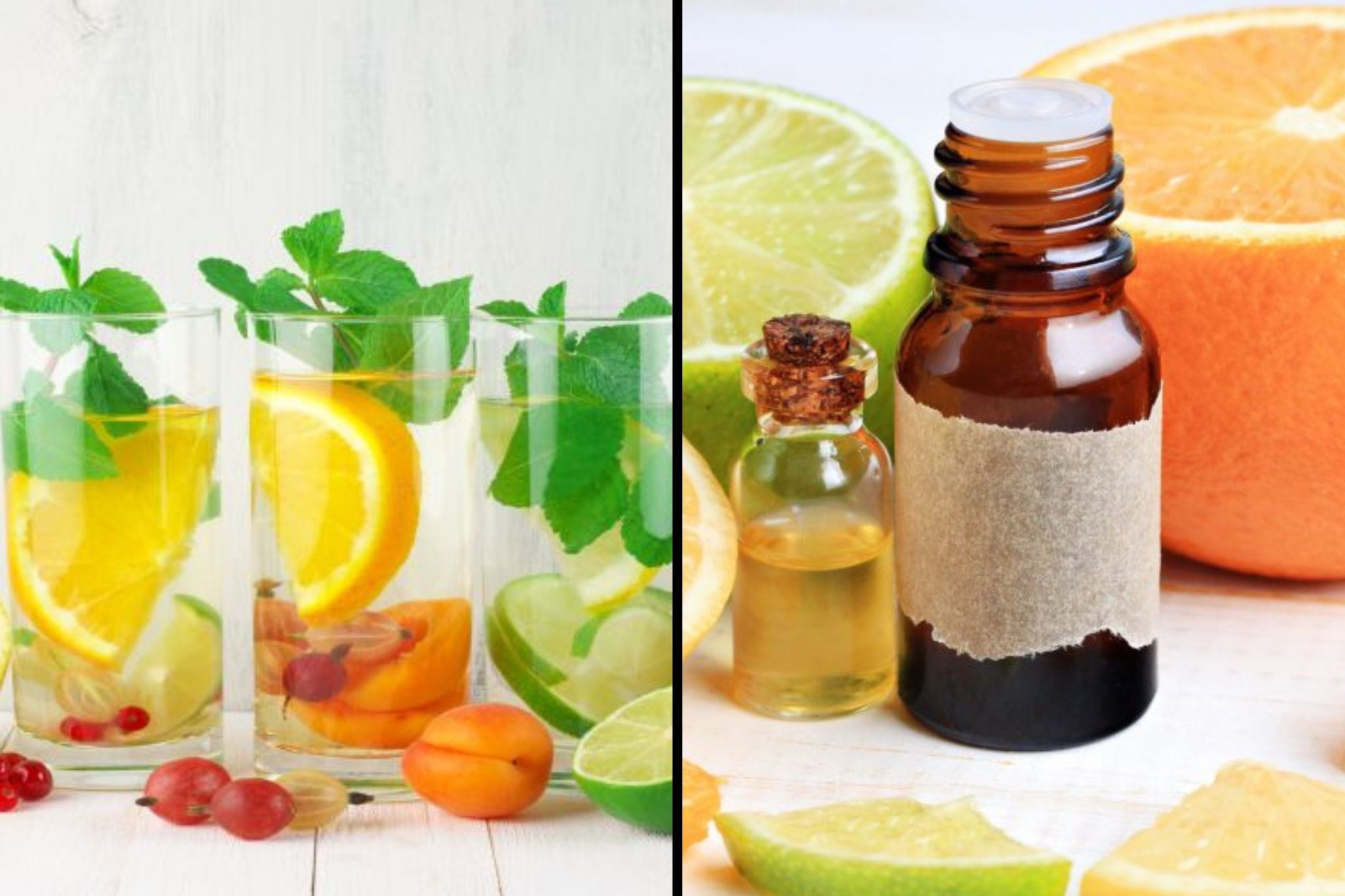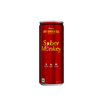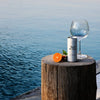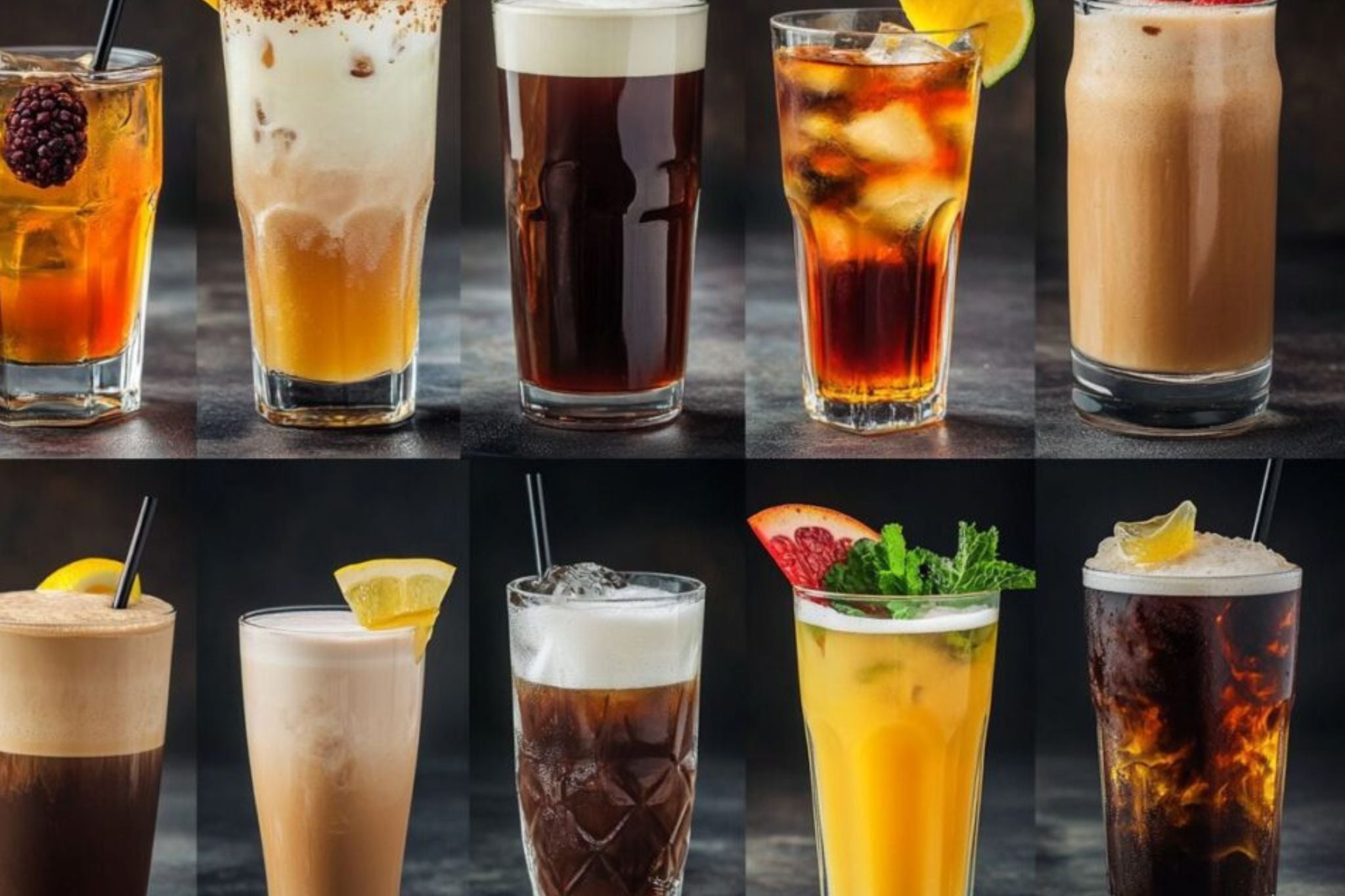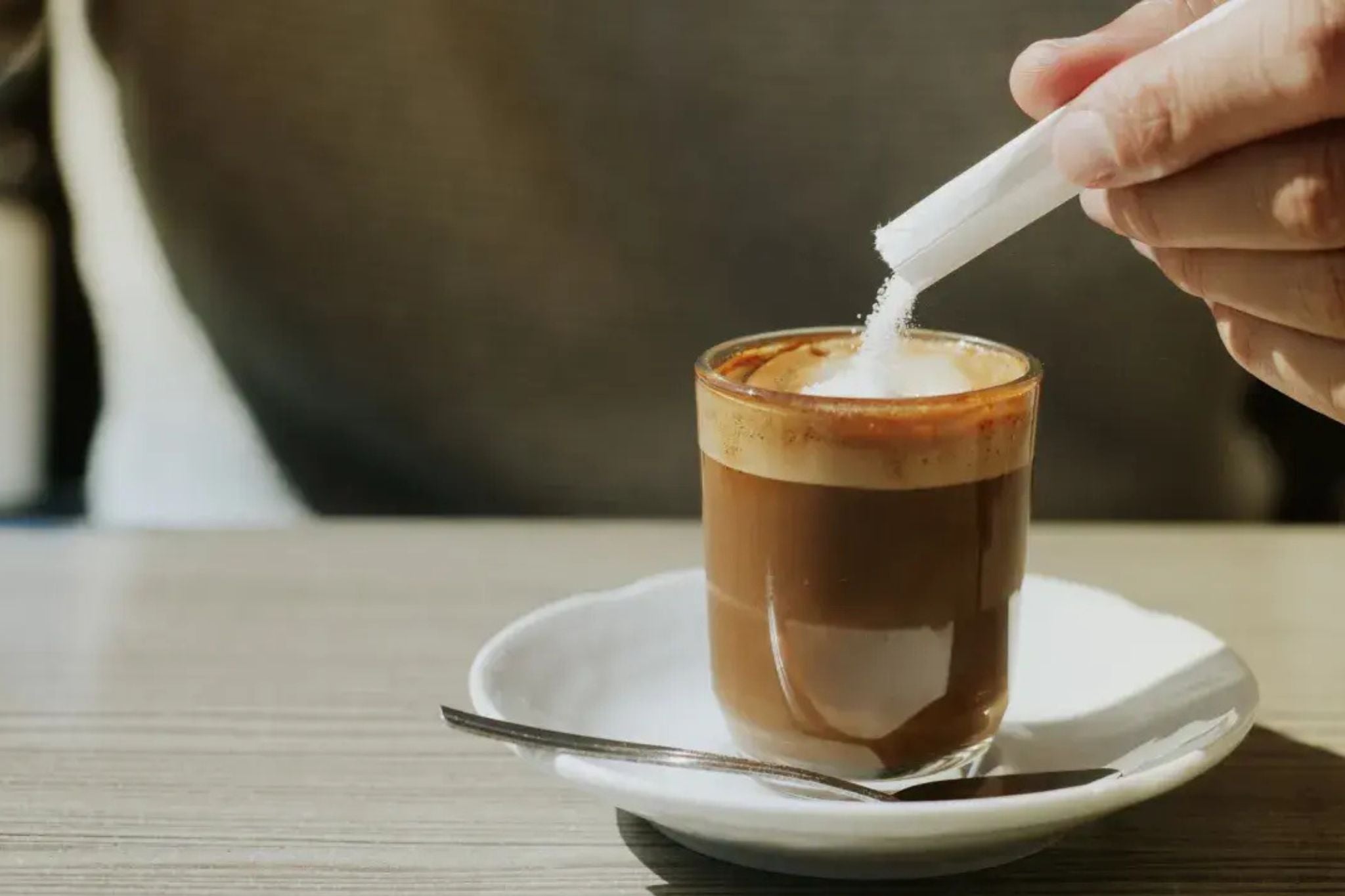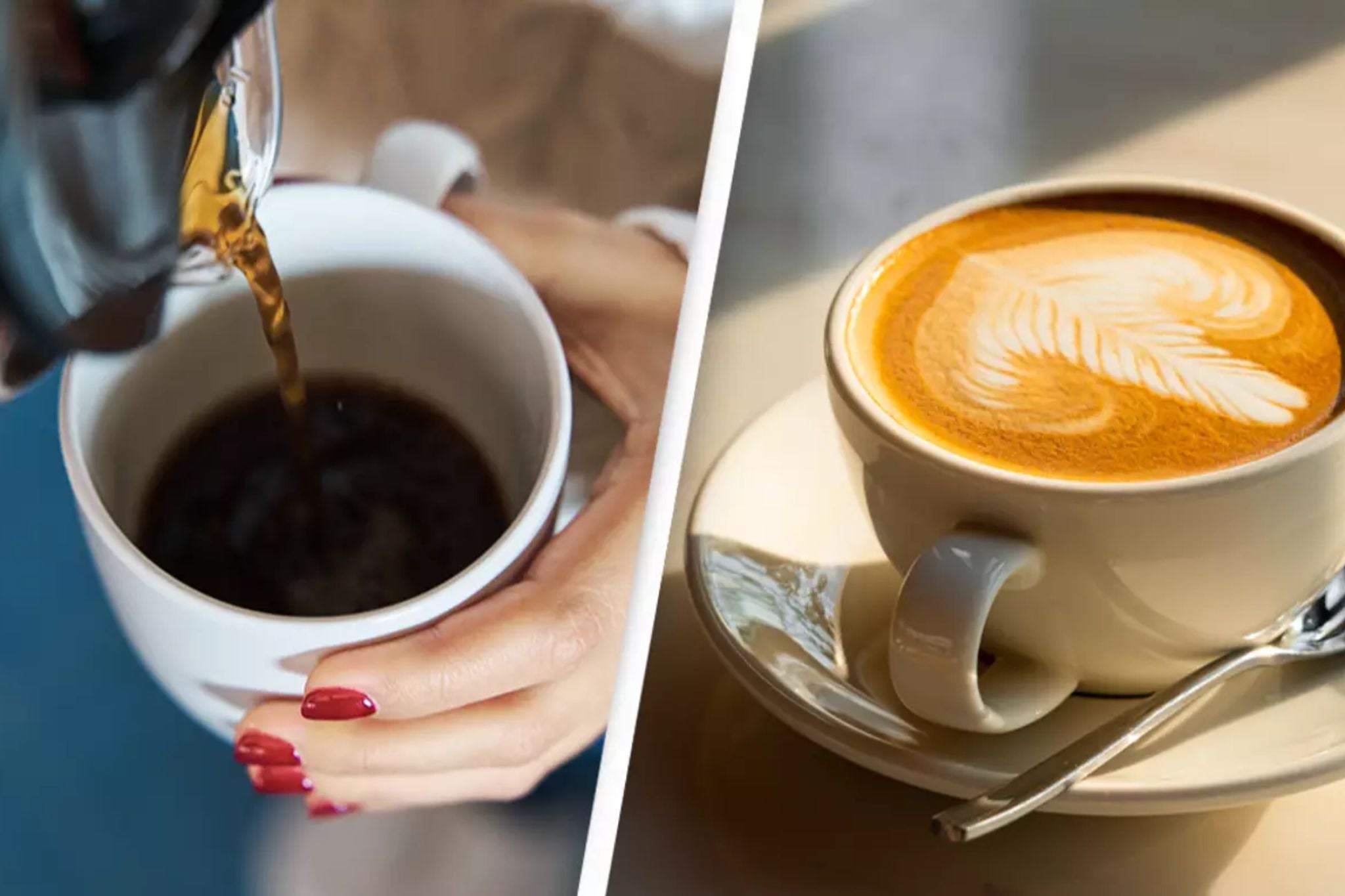Many people wonder whether natural and artificial flavours are the same. It’s a valid question, as both are widely used in food and beverages today. The main difference lies in their sources: natural flavours are derived from plants, animals, or other natural substances, whereas artificial flavours are created in laboratories. Despite these differences, both types undergo processing to impart taste to products.
For cost-effectiveness, chemicals are used to produce artificial flavours, which have their pros and cons. Where artificial flavours turn out to be stronger in products, natural ones offer complex profiles. This blog has discussed: Natural vs. artificial flavours in beverages, with the differences.
What Are Natural Flavours?
1. Source
Natural flavours, in most cases, are derived naturally from sources and substances for your products. Natural flavours, present in drinks and others, are extracted from these natural substances:
- Fruits
- Vegetables
- Spices
- Herbs
- Meat
- Dairy products
2. Process
In the case of natural flavours, physical methods are used for extraction from sources for usage. These are created under a process where distillation may also be used from the natural source.
What Are The Characteristics Of Natural Flavours?
- Complex Profile
Natural flavours are known as complex profiles for many reasons, as they mostly possess a wide range. This is because the natural sources they are extracted from contain many compounds.
- Authenticity
These offer a taste which is closer to the original ingredient, which is a factor that makes natural flavours authentic.
- Cost/Availability
There can be availability issues with them, as natural flavours also turn out to be more expensive. This is because of natural source scarcity, as that’s a legit reason affecting the production of natural flavours.
- Processing
These may be heavily processed in many cases, as natural flavours aren’t always natural.
What Are Artificial Flavours?
1. Source
Artificial flavours are different from the natural ones, as these are created differently in a lab. As synthetic compounds, they are derived from non-food sources, which is why they are ‘artificial’. Some of the known sources from which these flavours are derived are petroleum and other chemical compounds.
2. Process
To replicate the taste of natural ingredients adored by people, artificial flavours go through processes. Under these processes, flavours are produced through complex chemical reactions, which are designed for the purpose.
What Are The Characteristics Of Artificial Flavours?
1. Consistent & Bold
For standardized products, artificial flavours taste different by giving off more of these flavours:
- Consistent
- Stable
- Potent flavor
2. Innovative
Artificial flavours are more innovative, as the flavours are made with non-natural components. This is a plus point for creativity, as uniqueness is a factor for artificers because of novel combinations.
3. Cost-Effective
You don’t have to pay a lot to taste artificial flavours, as they are more affordable for people. Because of the affordability, they are also easily available to me.
4. Purity
These can easily be controlled for purity and safety, which is not the case for natural flavours.
Key Considerations
Health & Safety: Natural does not always mean healthy. Precaution is a must with the consumption of processed flavours, whether natural or artificial. This is because both of these undergo rigorous safety checks, which is a point to be noted.
Taste Preference: Choice depends on personal preference; artificial flavours are often bolder, while natural flavours offer an authentic taste.
Blending: There are many beverages in the market known for using a mixture of both for the base and enhancement.
Transparency: With the use of artificial and natural flavours, people demand transparency now.
Conclusion
Both natural and artificial flavours are widely used in beverages. The primary difference lies in their sources: natural flavours come from plants, animals, or other organic materials, while artificial flavours are synthesized chemically. Both types are processed to enhance beverages, and choosing between them depends on taste, cost, and personal preference.
FAQ about Natural vs. Artificial Flavours in Beverages
Q - How are artificial flavours actually made?
A - Here is how artificial flavours are actually made in labs:
- Analysis of Natural Flavours
- Chemical Synthesis
- Carrier Solvents
- Formulation
Q - What are the actual sources of natural flavours?
A - Here are the actual sources of natural flavours by which they are derived:
- Plants
- Animals
- Herbs
- Other organic materials
Q - Is it safe for me to have artificial flavours in different beverages?
A - Artificial flavours are known to be safe to consume, if they are made according to regulations in most cases.
Q - What precautions should I take while having artificial or natural flavours in beverages?
A - To stay safe, here are some precautions you should take while consuming those flavours in beverages:
- Check for Allergies
- Understand Labeling
- Know the Effects
- Prioritize Water
- Have Whole Fruits
Our Products
Contact Us
Related Articles

Top 10 Beverages In The World
Oct 31, 2025

How Safe Are Artificial Sweeteners in Beverages?
Oct 24, 2025


